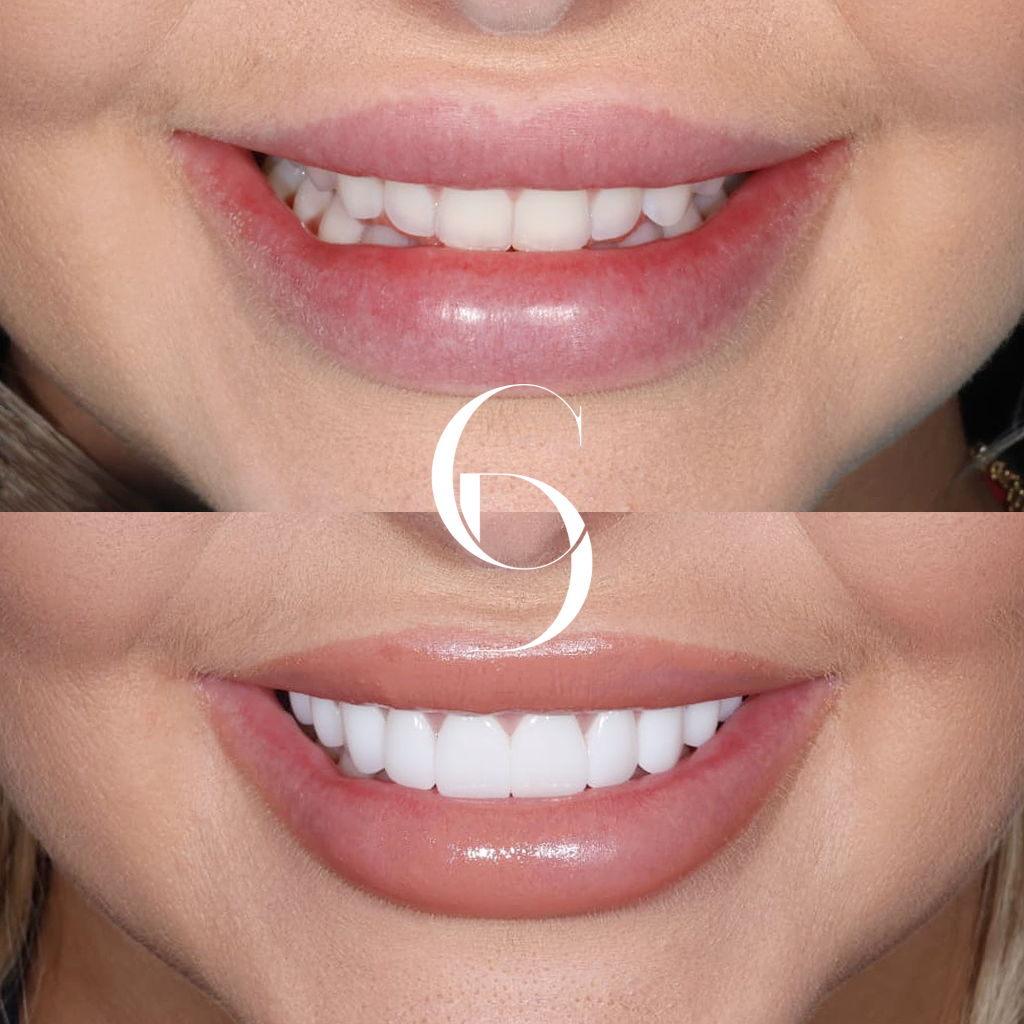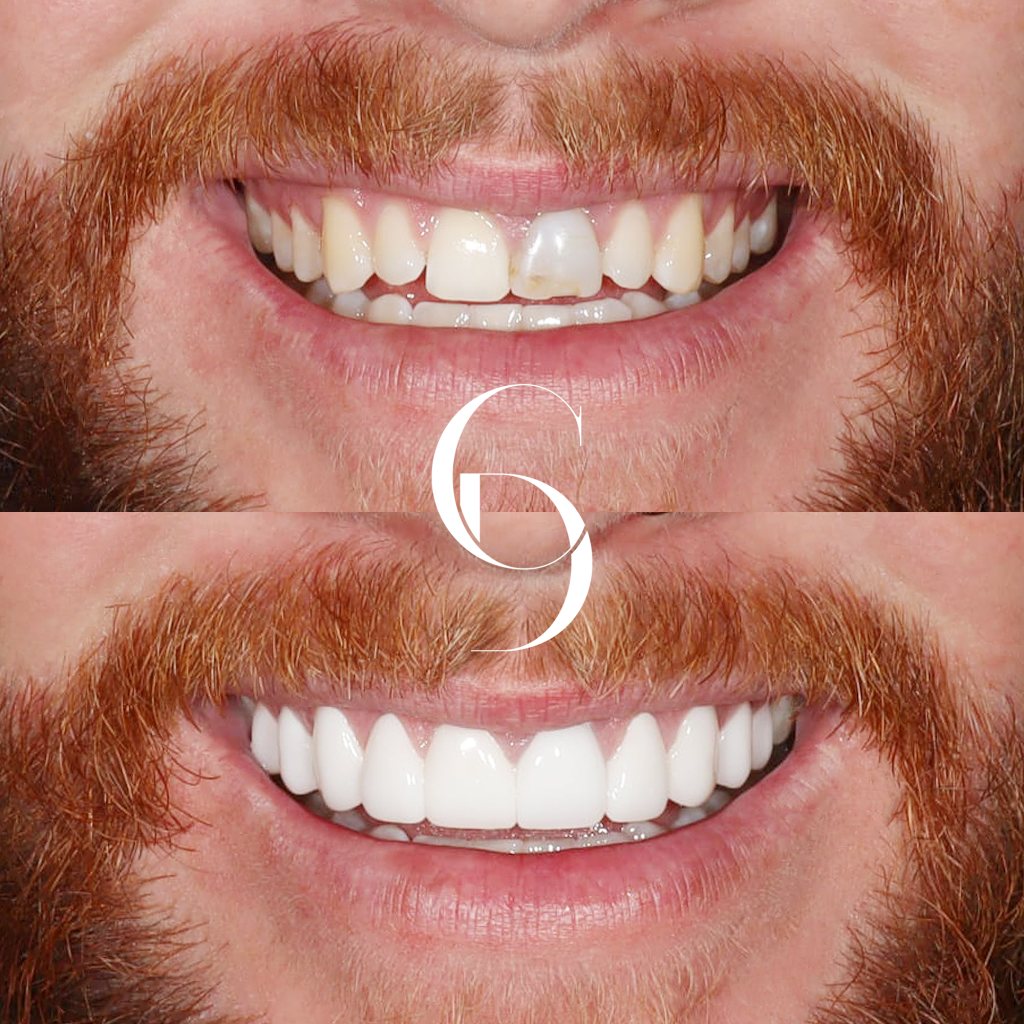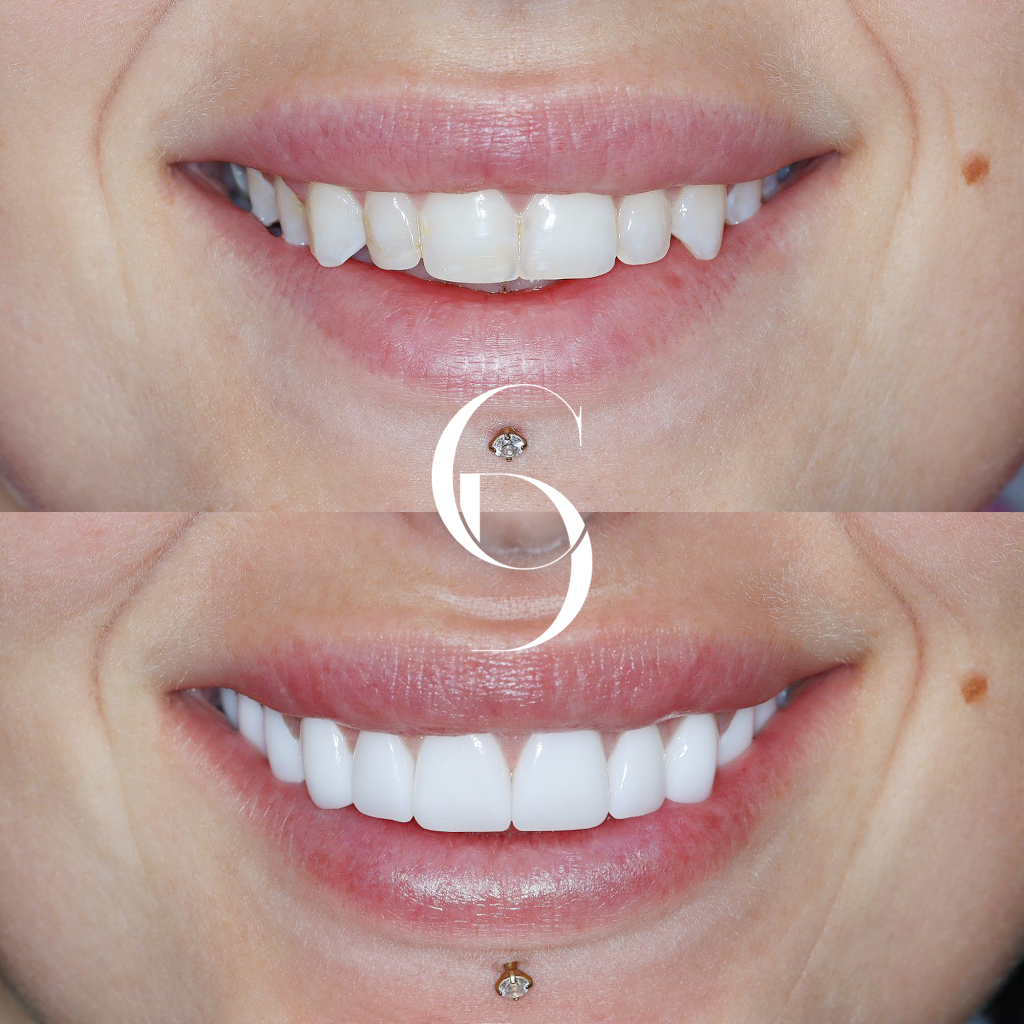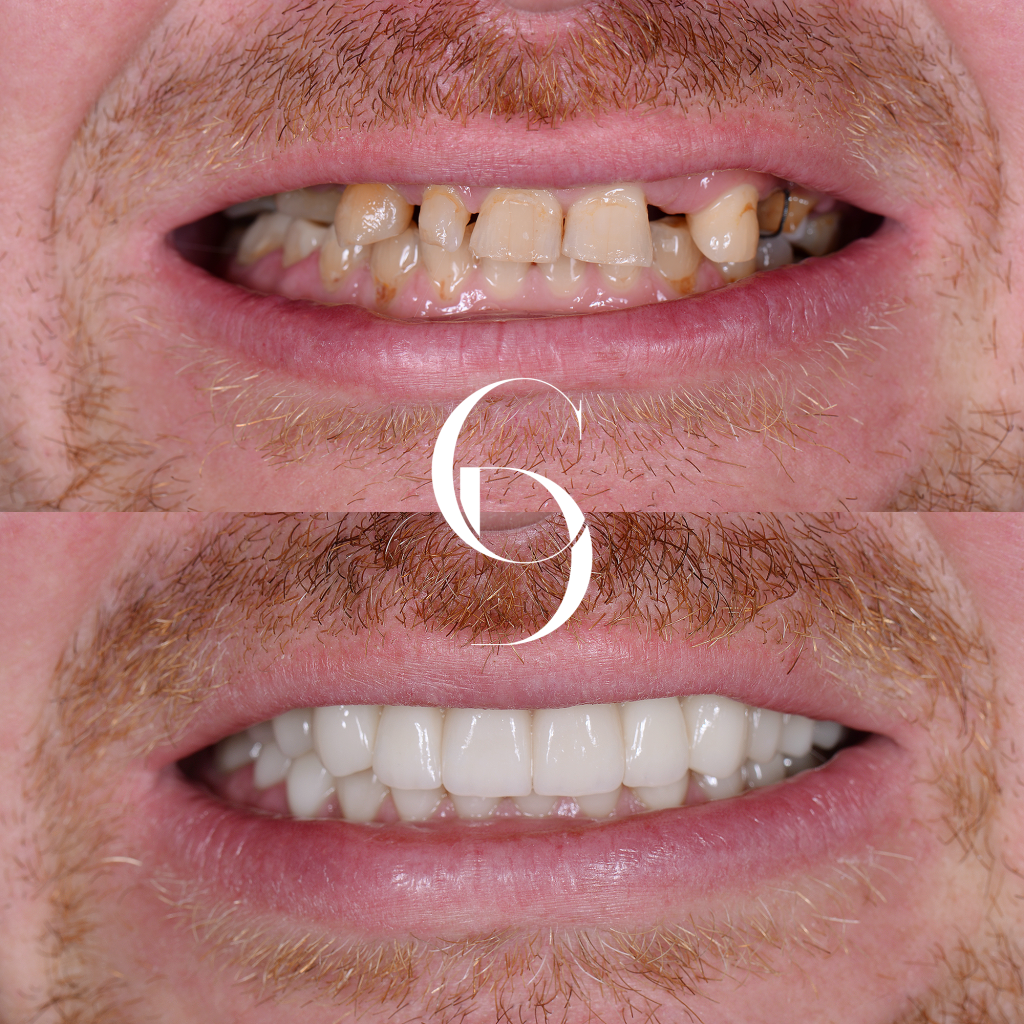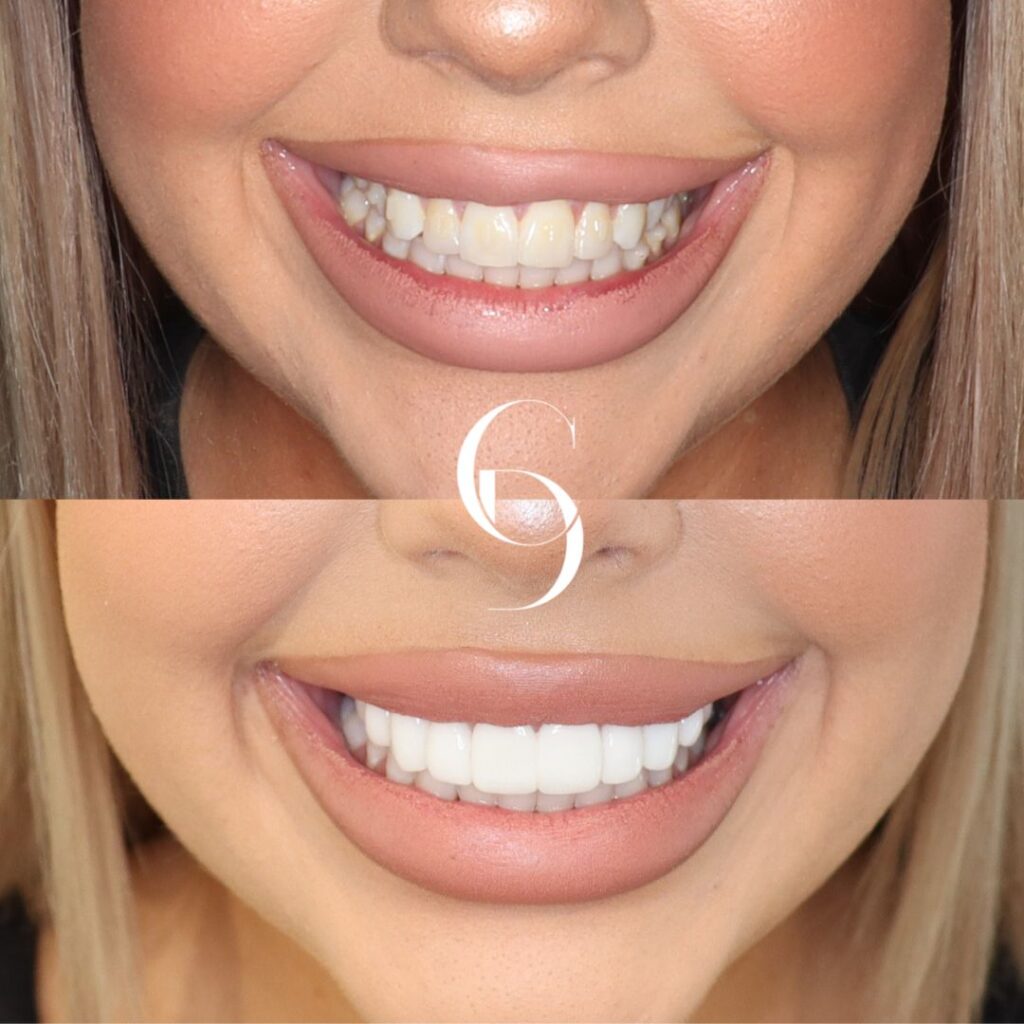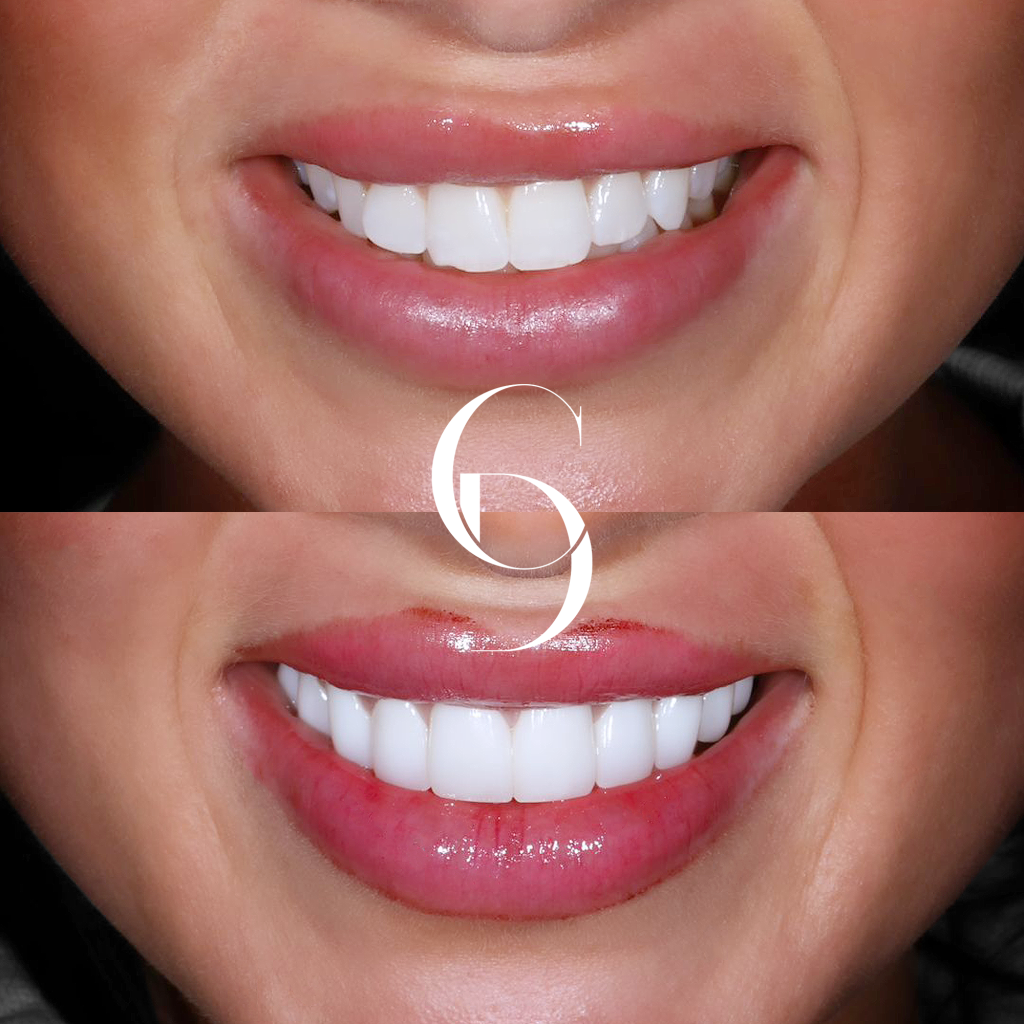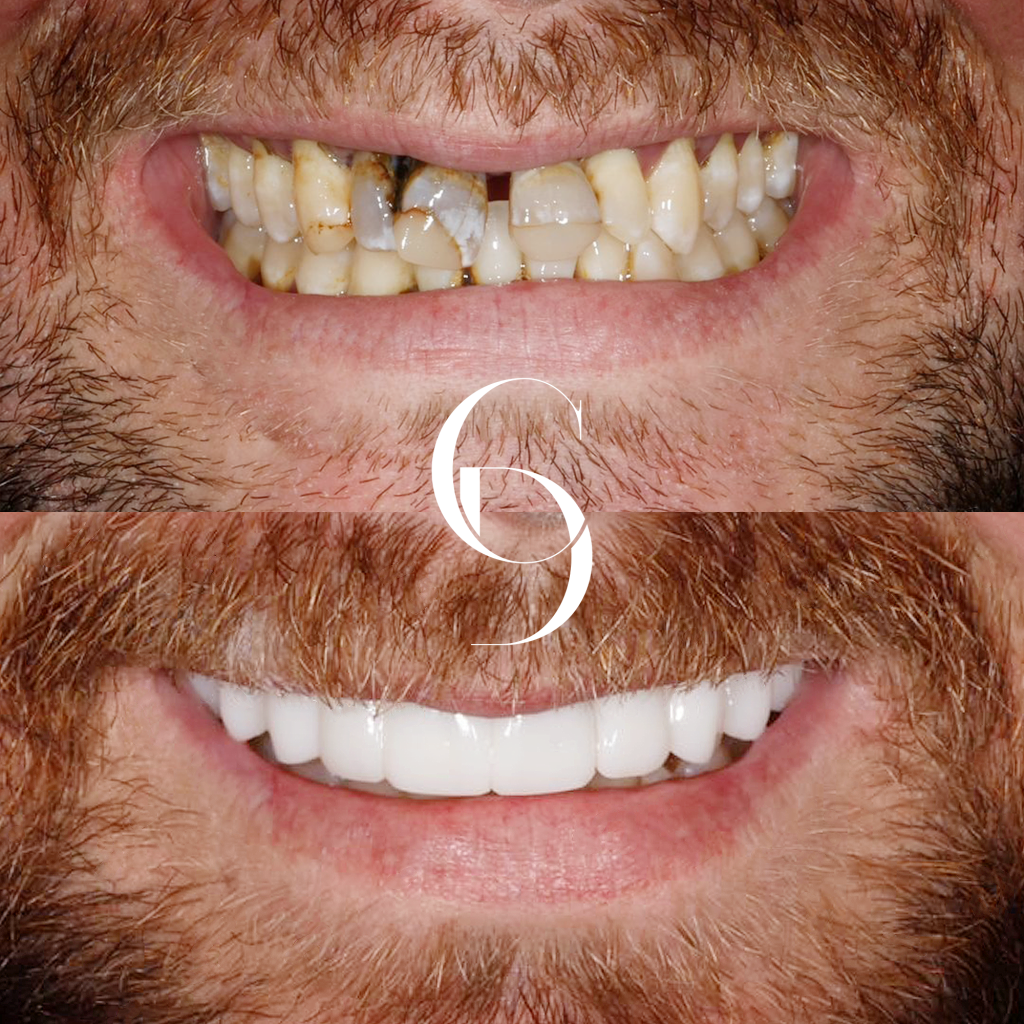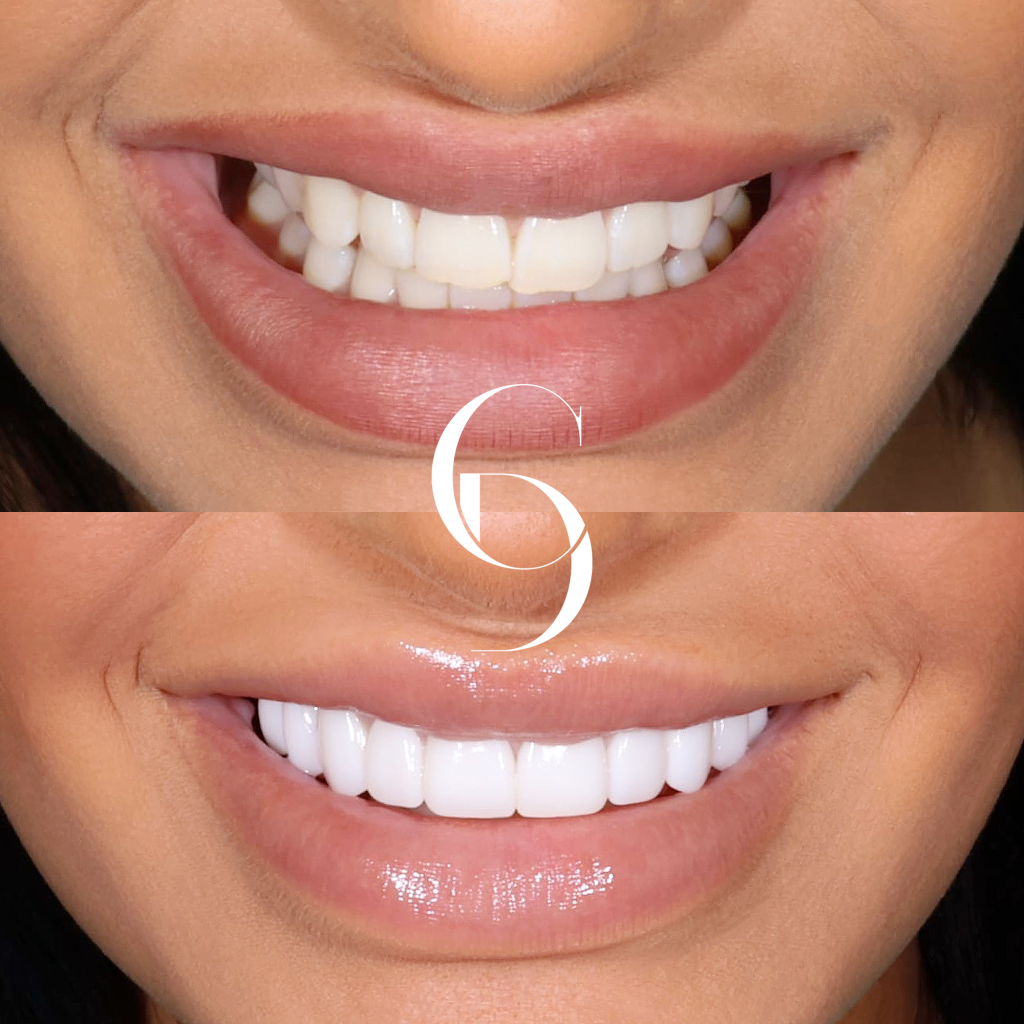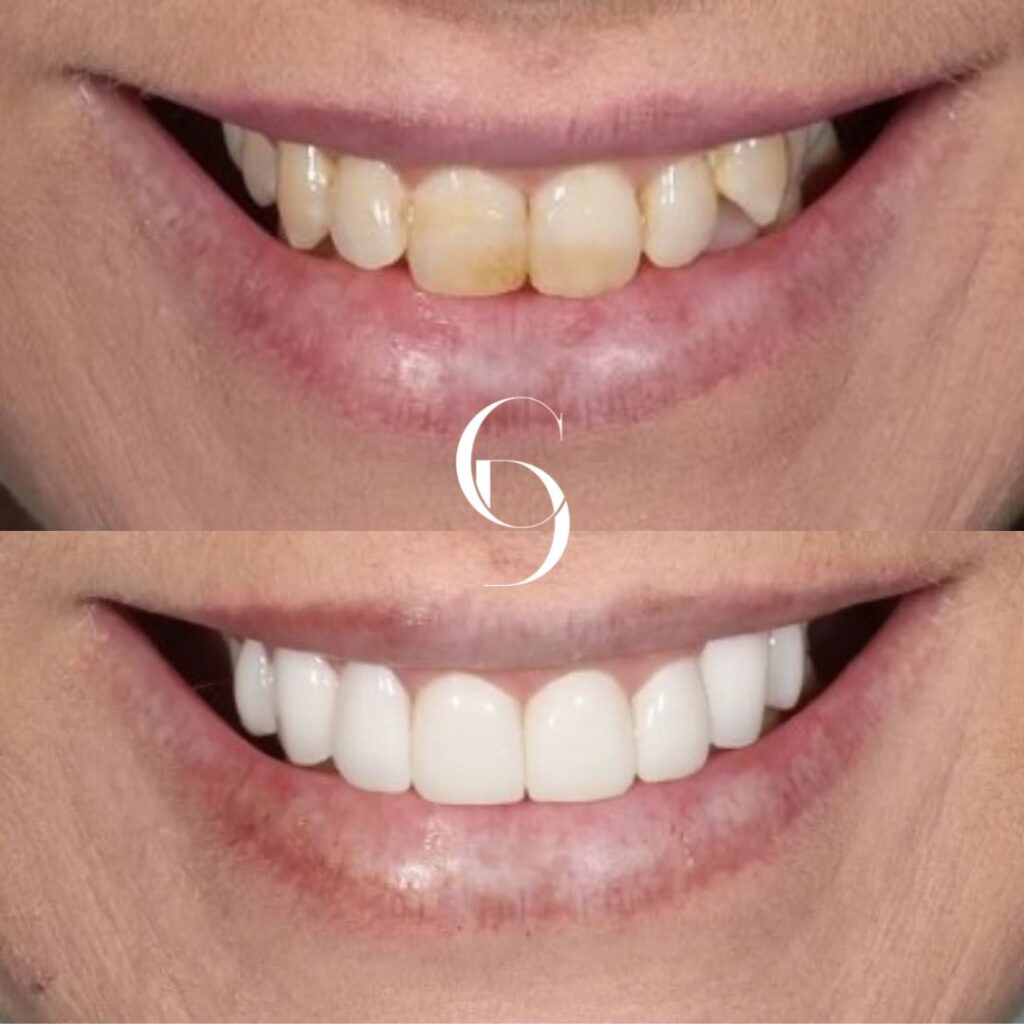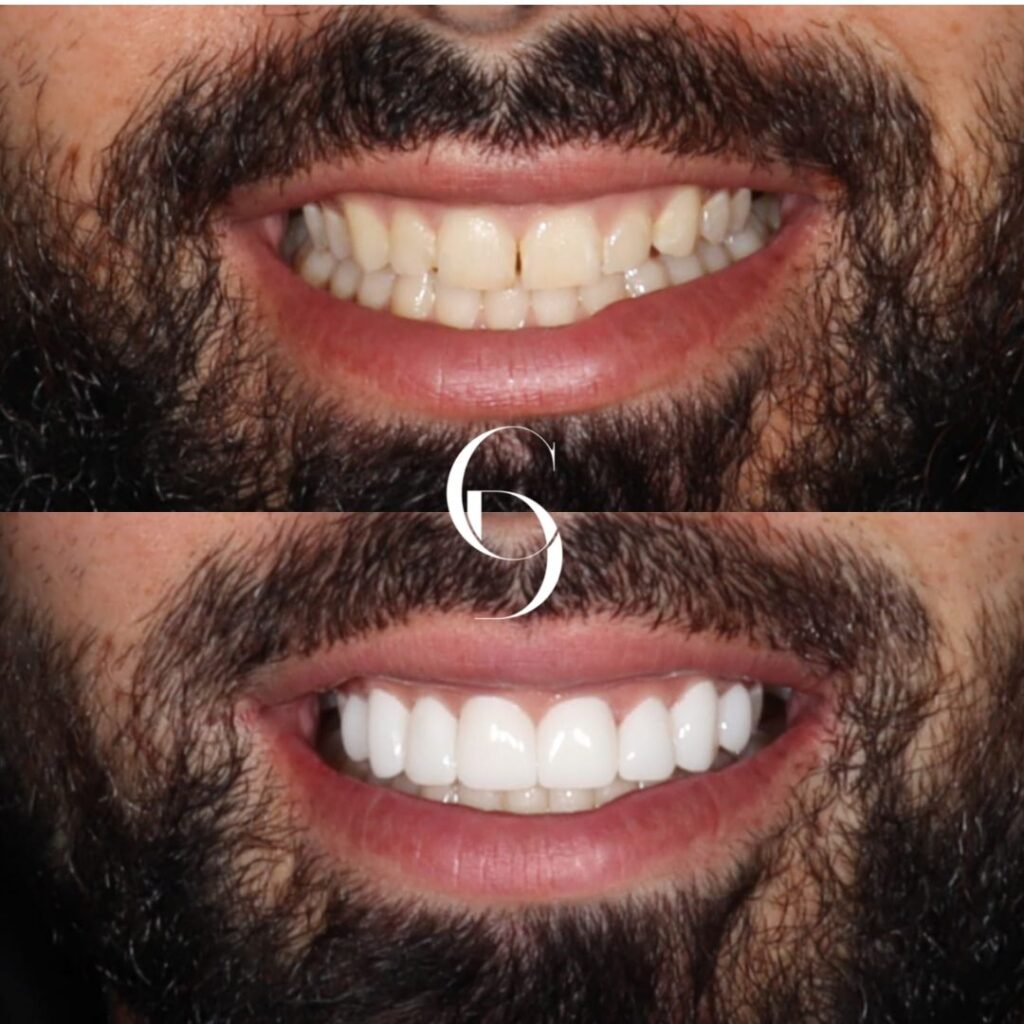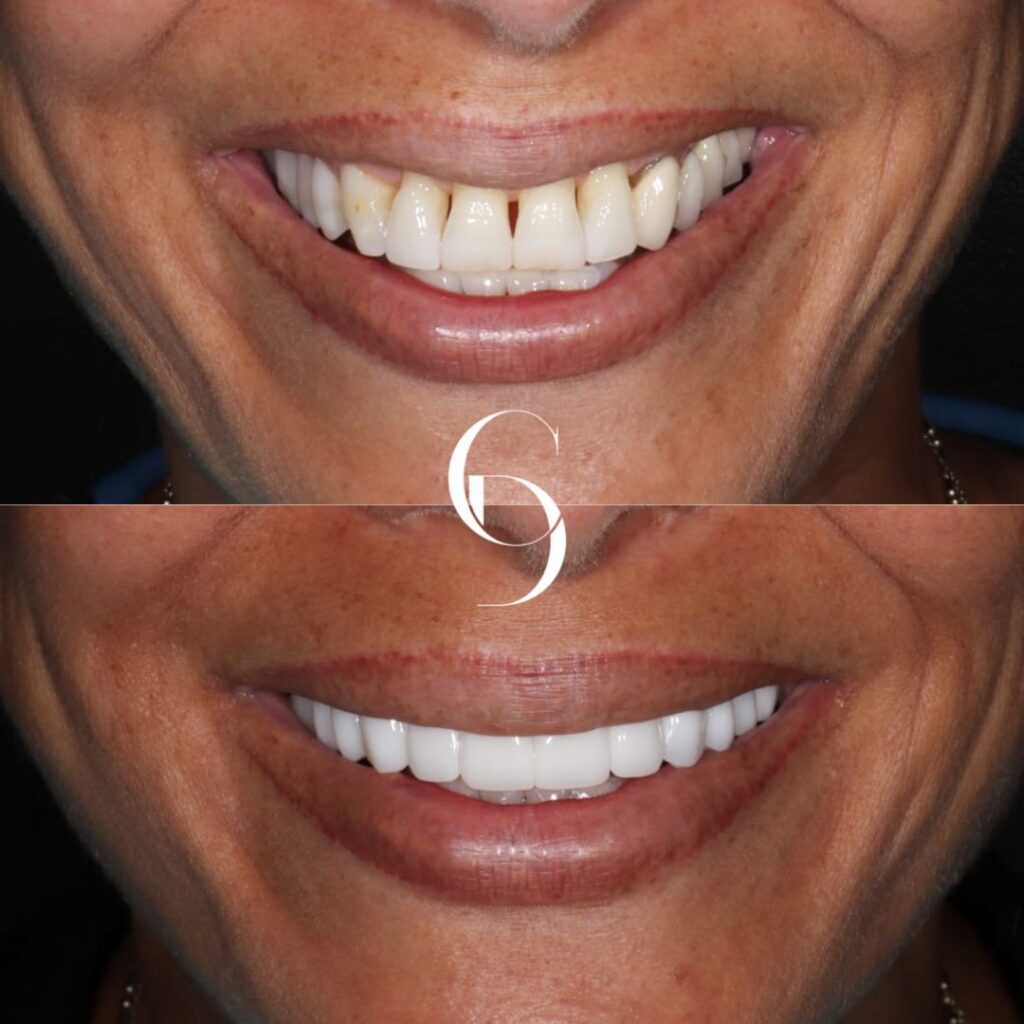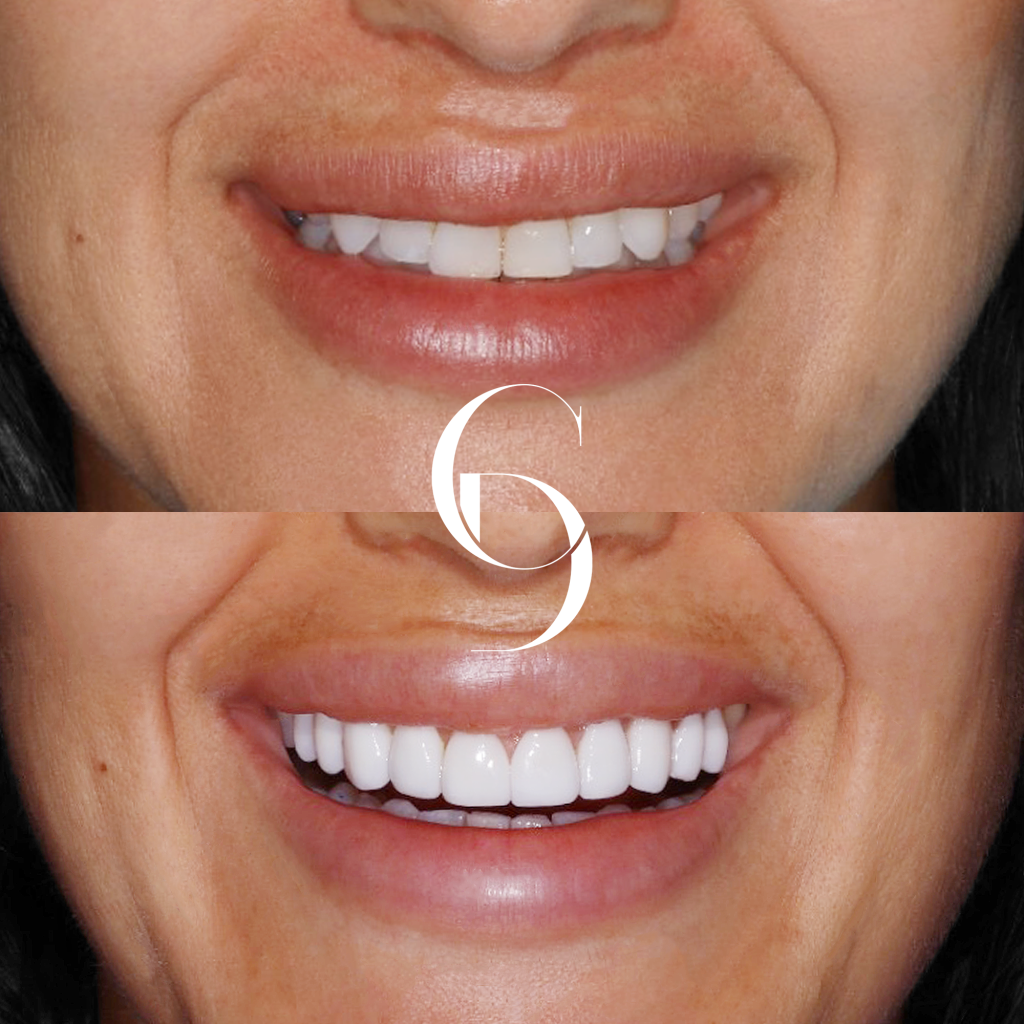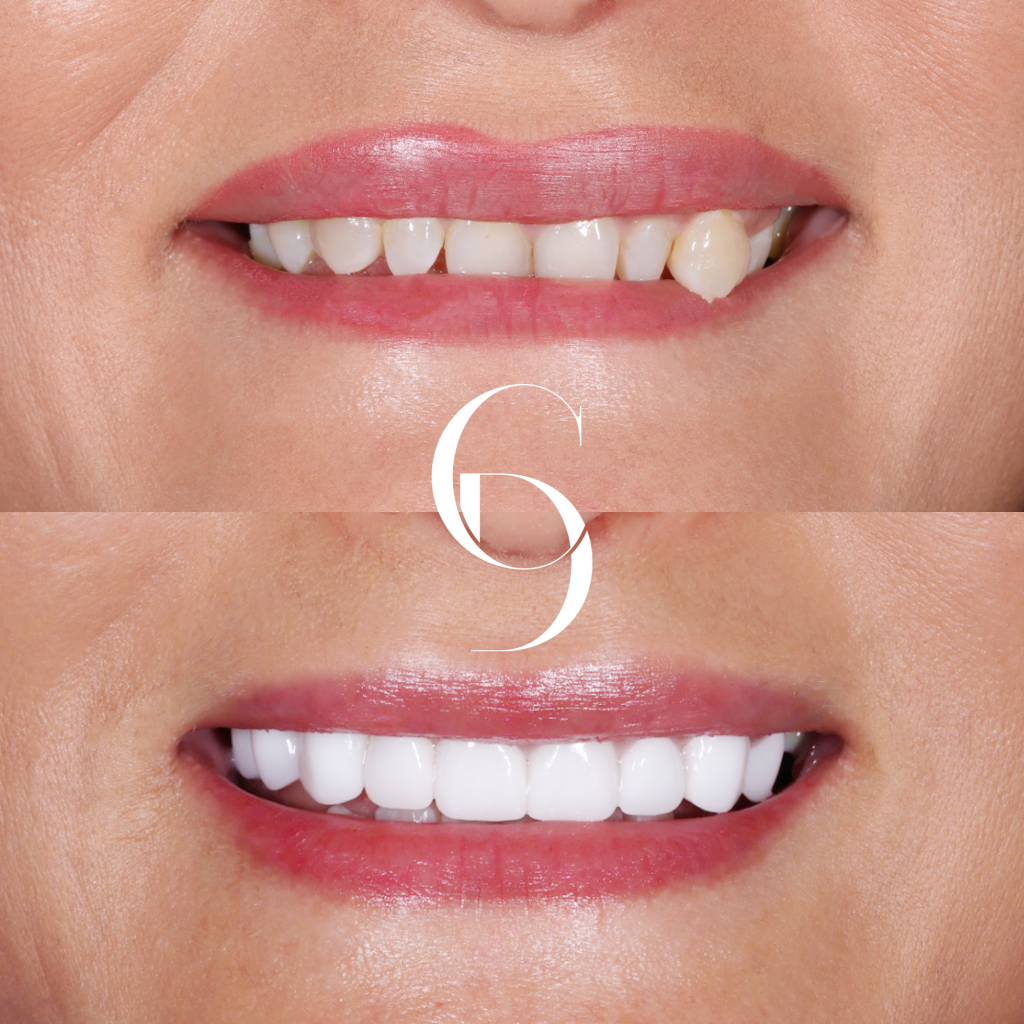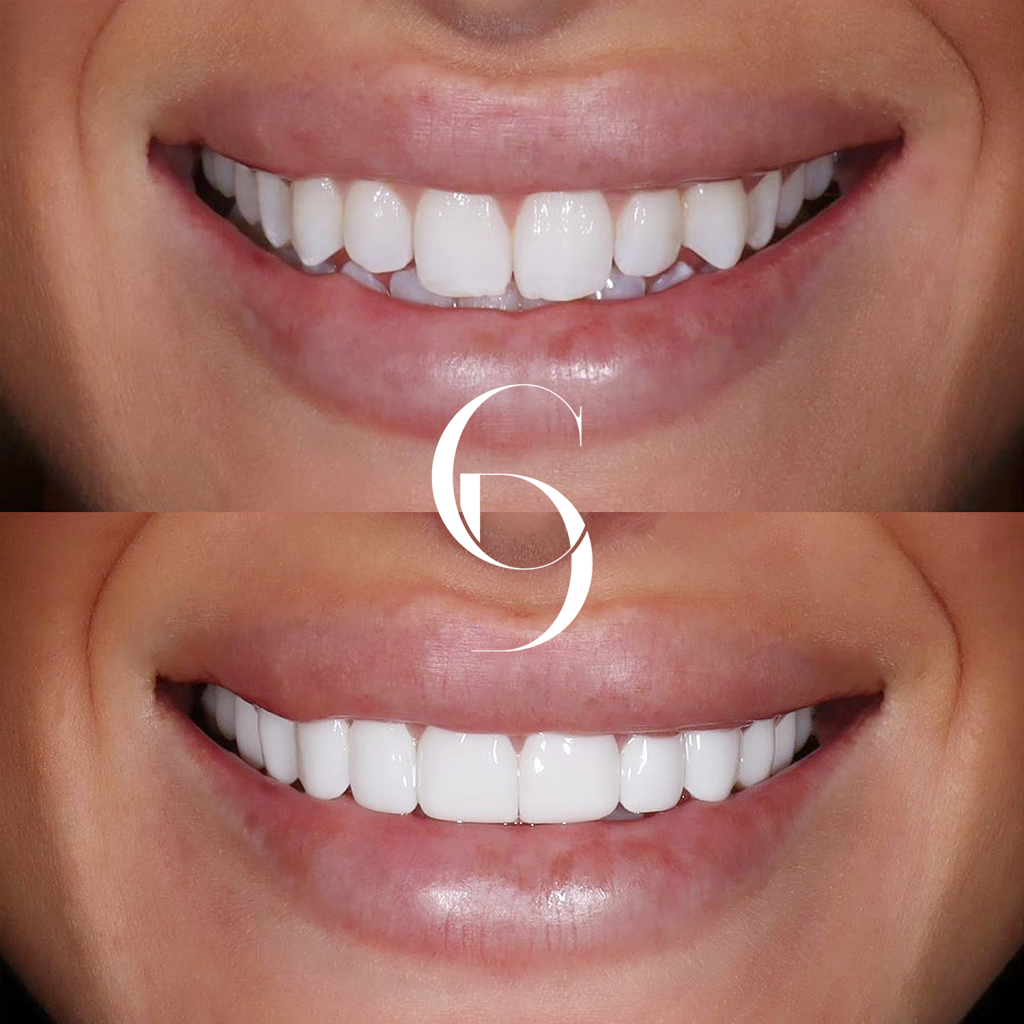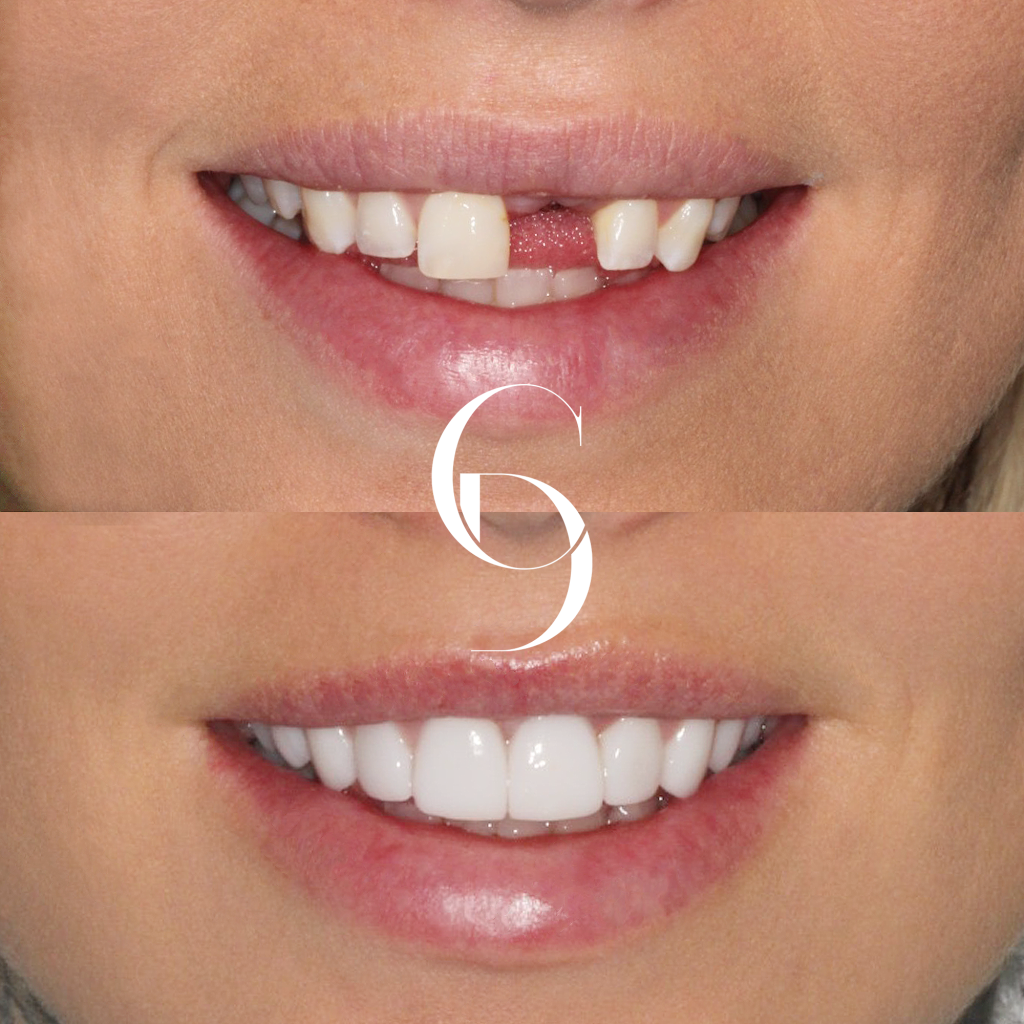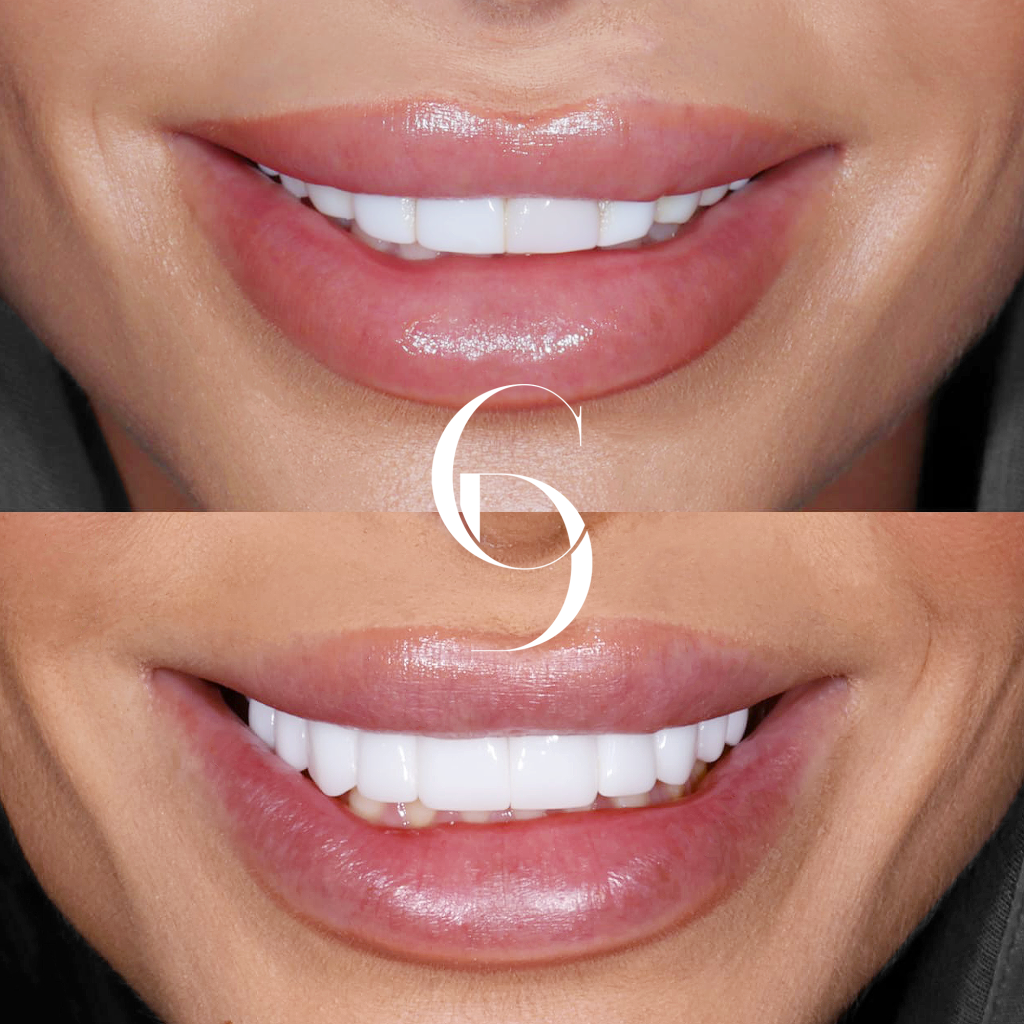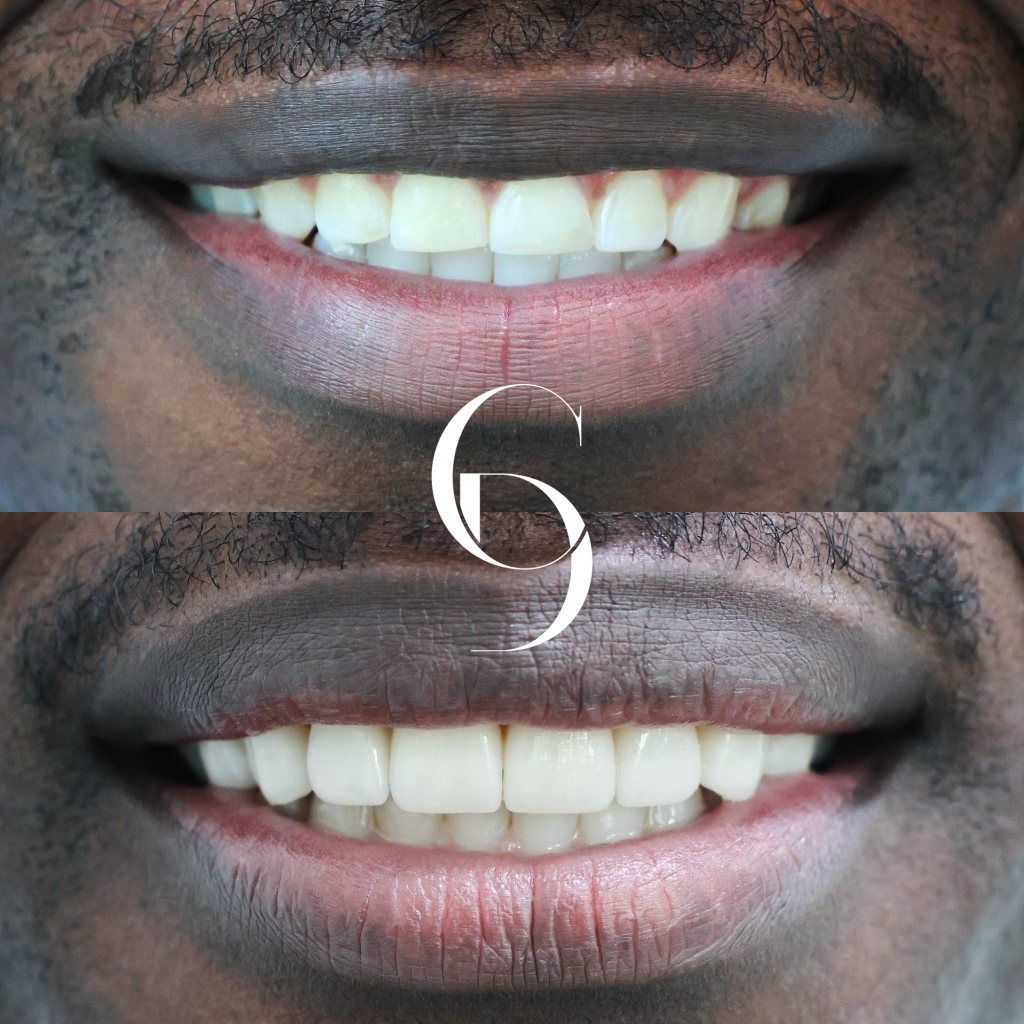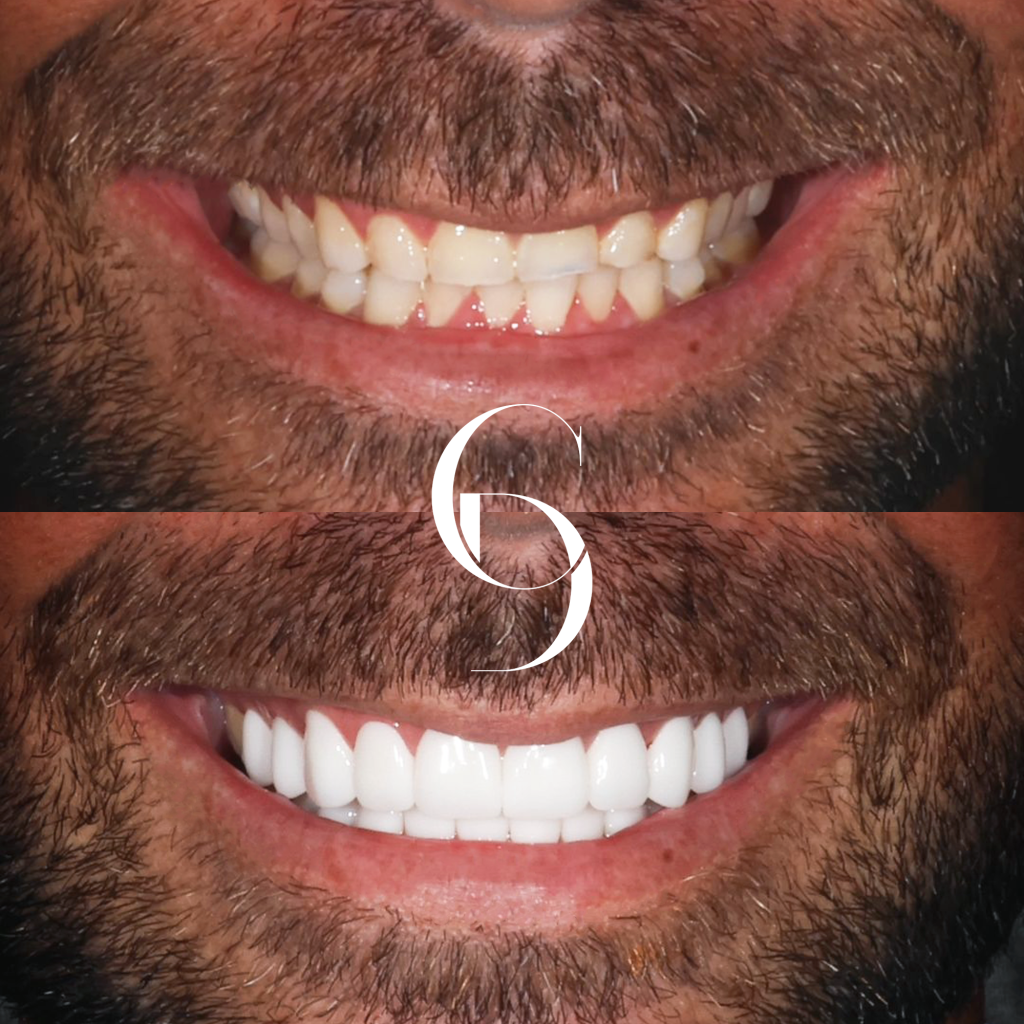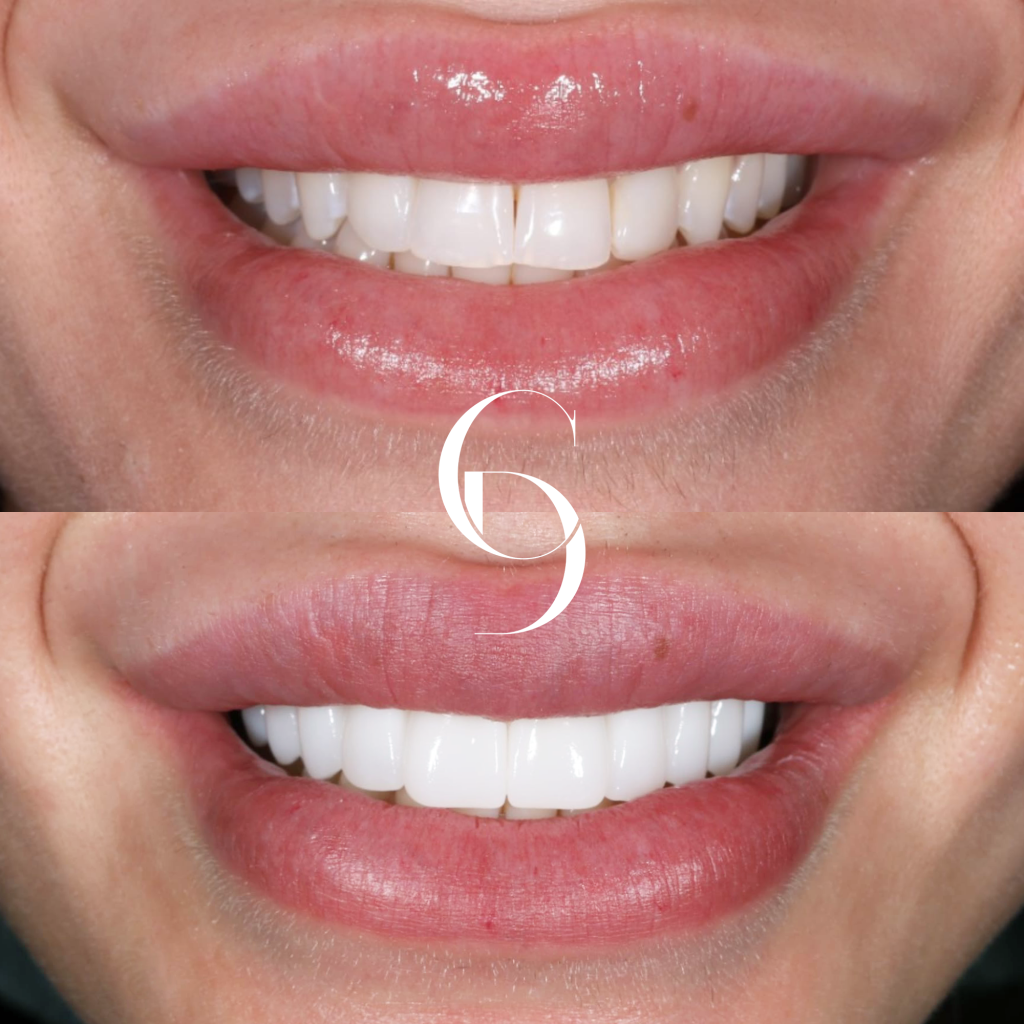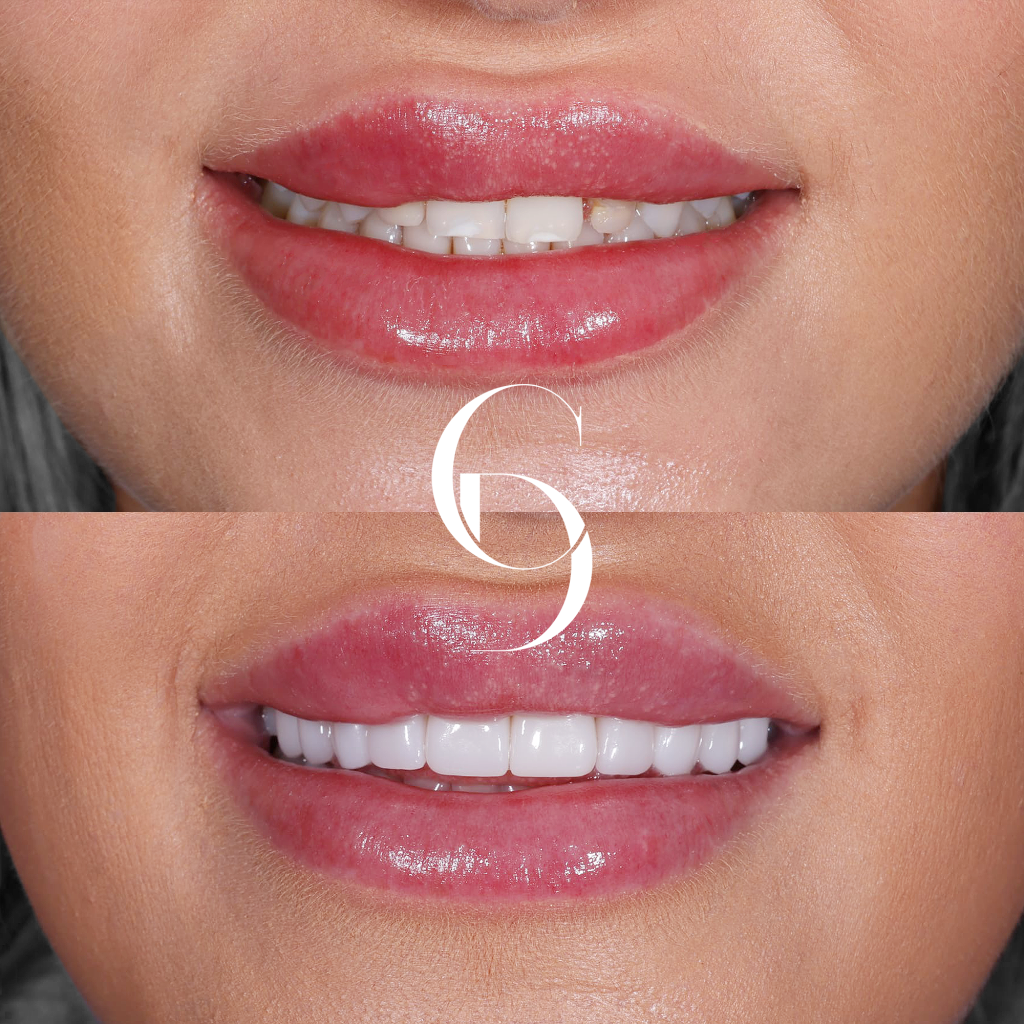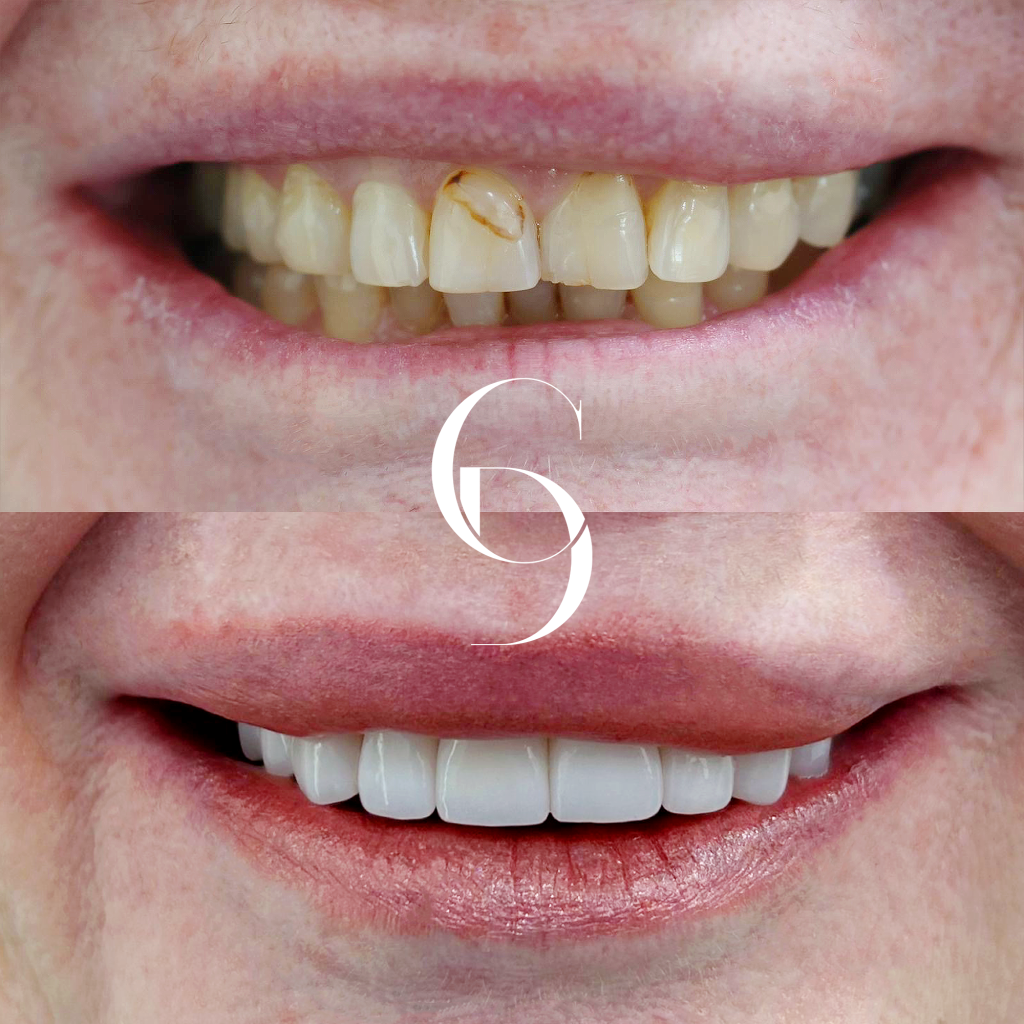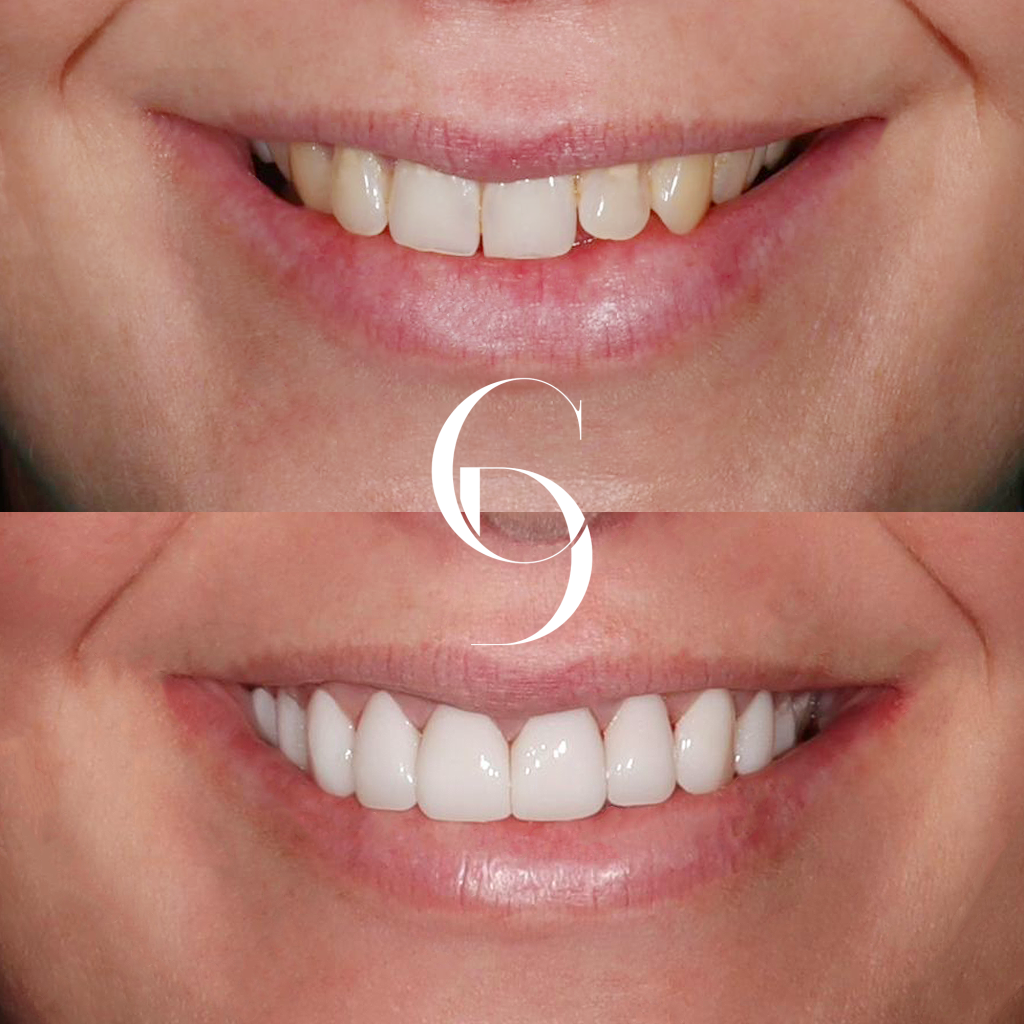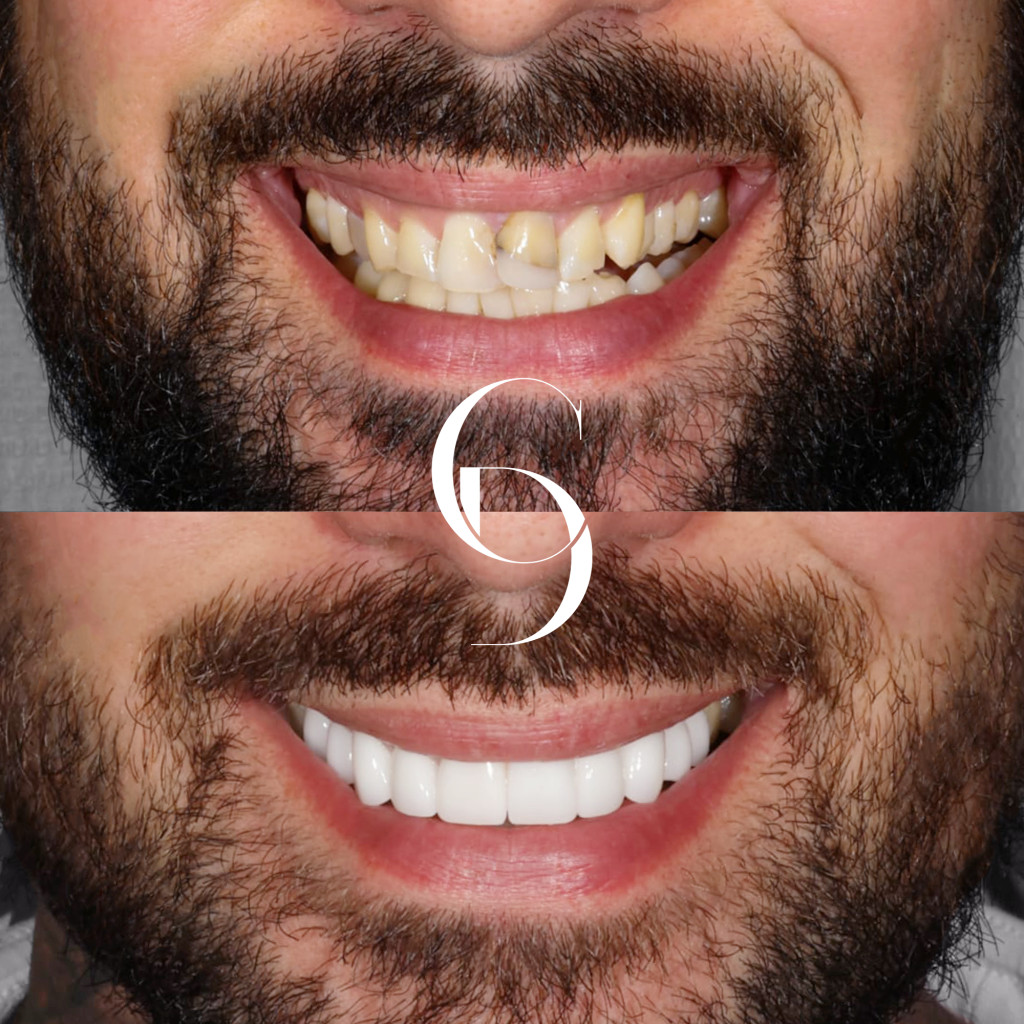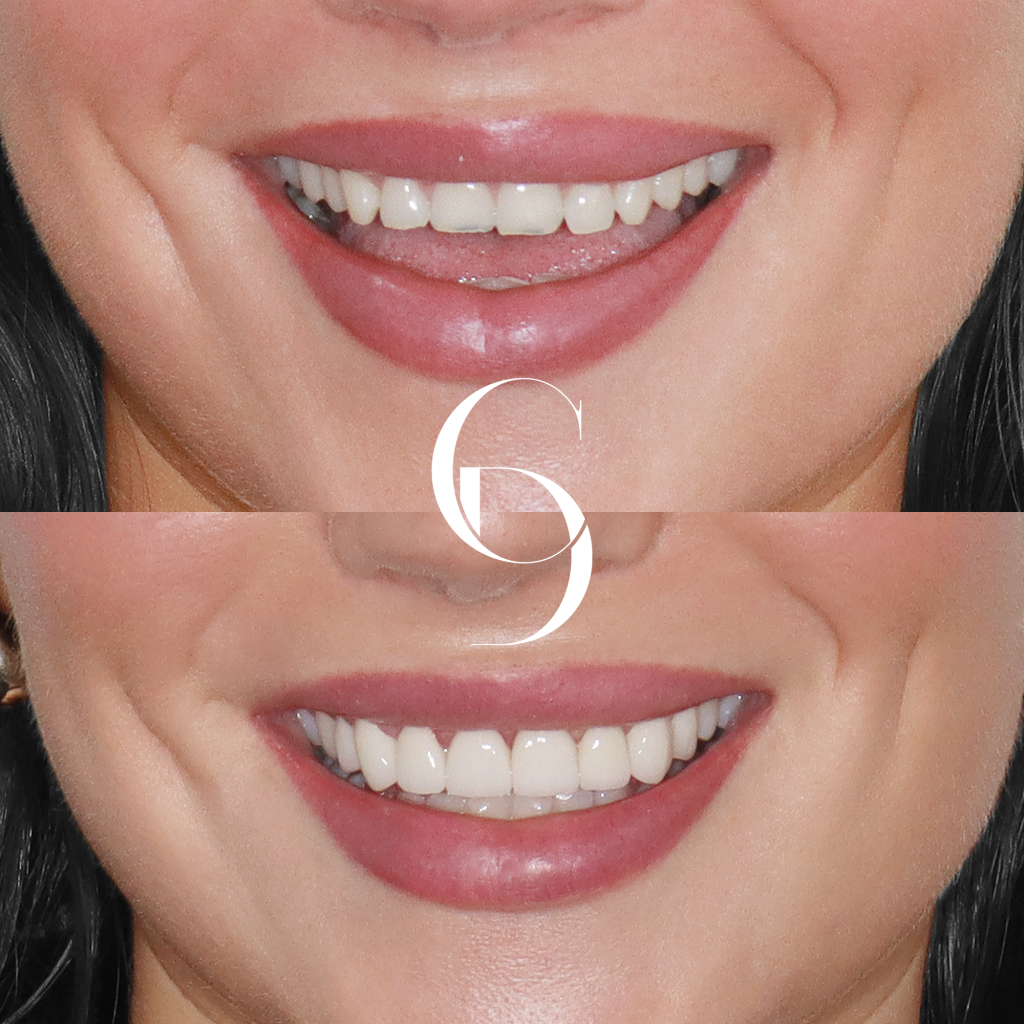Healthy eating is key to keeping your child’s smile brighter. The eating habits of kids directly contribute to the impact of their dental health. Besides making sure they brush their teeth right and follow other oral hygiene routines, parents should also teach them to choose foods that do not degrade their teeth’s health. If you are also conscious of your kids’ dental health, here we’ve got you some strategies that safeguard your little ones’ smiles.
Keep scrolling to learn tips for improving your kid’s dental health…
Tips For Improving Oral Health
1. Establish a Consistent Oral Hygiene Routine:
The habits built in the early years of life stay for a lifetime. They are also essential since changing behaviours in later years becomes challenging. Building a strong basis for optimal oral health is vital for children and must involve brushing their teeth twice daily and incorporating flossing at least once a day.
2. Encourage Healthy Eating Habits:
Encourage your young ones to enjoy a well-balanced diet of nutrients, fruits, crunchy vegetables, and whole grains. It’s important to avoid eating too many sugary snacks and drinks because they can cause cavities and decay in your teeth. Instead, try to eat a balanced diet with lots of fruits, vegetables, whole grains, and lean proteins. These foods have vitamins and minerals that make your teeth and gums strong. Also, make sure to drink plenty of water regularly.
3. Monitor Thumb-Sucking and Pacifier Use:
Many little kids like thumb-sucking or using a pacifier. But if they do it a lot or for a long time, it may affect the alignment of their teeth and jaw. Gradual weaning from pacifier use and gentle discouragement of thumb-sucking through positive reinforcement can be effective. If they use a pacifier, ensure it’s clean, and never put sugary stuff on it.
4. Protect Teeth During Sports:
If your kids love playing sports, protecting their teeth from potential injuries is essential. Encourage them to wear a mouthguard during contact sports or activities that pose a risk of dental injury.
5. Rinse mouth after meals and snacks:
After eating, it’s good for children to rinse their mouths. Rinsing helps get rid of leftover food and germs. For grown-up kids, chewing sugar-free gum after eating is also good. It makes more spit, stops bad acids, and strengthens their jaw.
Good Eating Habits For Kids
-
Reduce the intake of unhealthy drinks:
Sodas, juice, and energy drinks are loaded with sugar, making your child develop dental problems such as yellowish teeth and loss of protective layer (enamel). Instead of such drinks, try giving your child healthy drinks such as fresh juice, milk, and lemonade.
-
Avoid sugary foods and drinks:
Candies like gummy worms, caramel, lollipops, and hard candies stick to your kid’s teeth. If they eat a lot or don’t brush their teeth well after every consumption, these sweets can develop cavities in their teeth. Even snacks like granola bars and peanut butter can be bad if cleanliness is not being practised effectively. If kids want sugary eatables, it’s better to have sweets right after a meal because there’s more spit in the mouth to clean away the food and sugar.
-
Limit snacking:
It’s good for kids to avoid snacking too much between meals. When they eat a lot without brushing, it’s harder for the mouth to clean away food and sugar. Waiting between meals helps keep the mouth clean, but snacking in excess gives food to bacteria, making plaque and the need for treatments.
-
Foods high in fibre |Green, leafy vegetables:
If you want a good snack, try giving your child fruits and veggies with lots of fibre, like apples. Veggies, especially green ones, have folic acid that makes your gums and teeth healthy. Broccoli, for example, has vitamin C, K, and iron that keep your teeth & gums healthy.
Wrapping Up
Ready for a brighter, healthier smile for your child? Follow these eating habits now for strong teeth and keep away from problem teeth veneers porcelain.

